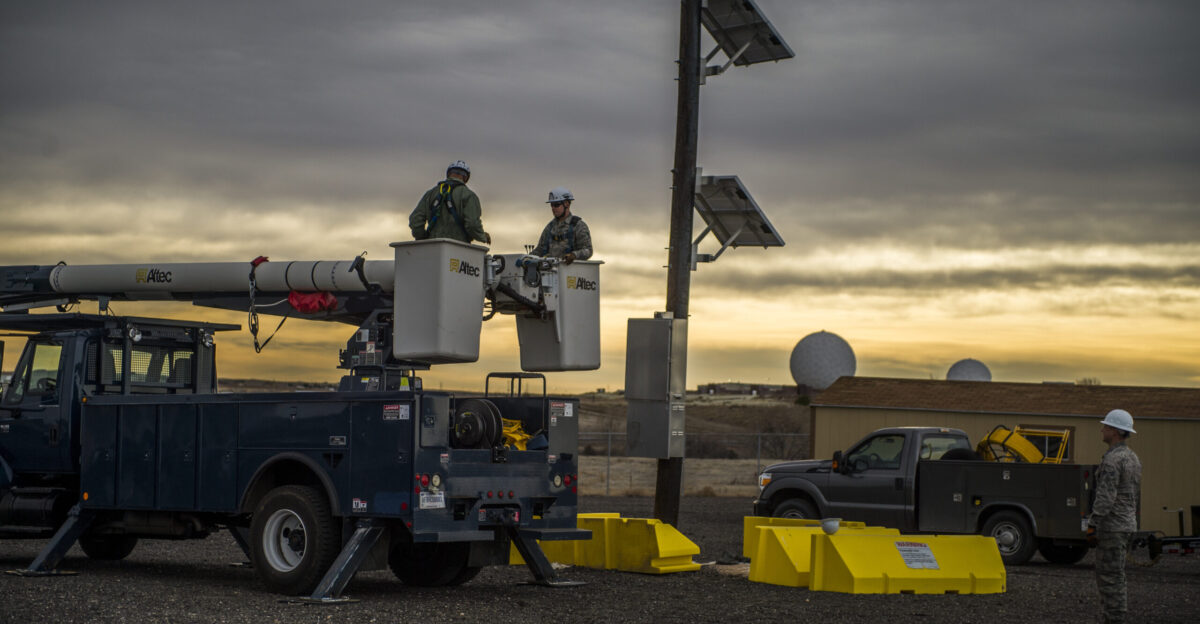
One of America’s largest TV and streaming providers is getting itself into deeper debt. On May 30, the company skipped a $326 million loan payment. Two days later, the provider ignored another $183 million bill.
While the company still has roughly $1 billion in cash, it has far greater debts, about $30 billion overall. If the company can’t meet payments by the 30-day grace period, lenders can declare “default,” opening the door to costly lawsuits and even bankruptcy.
Shrinking Customer Base
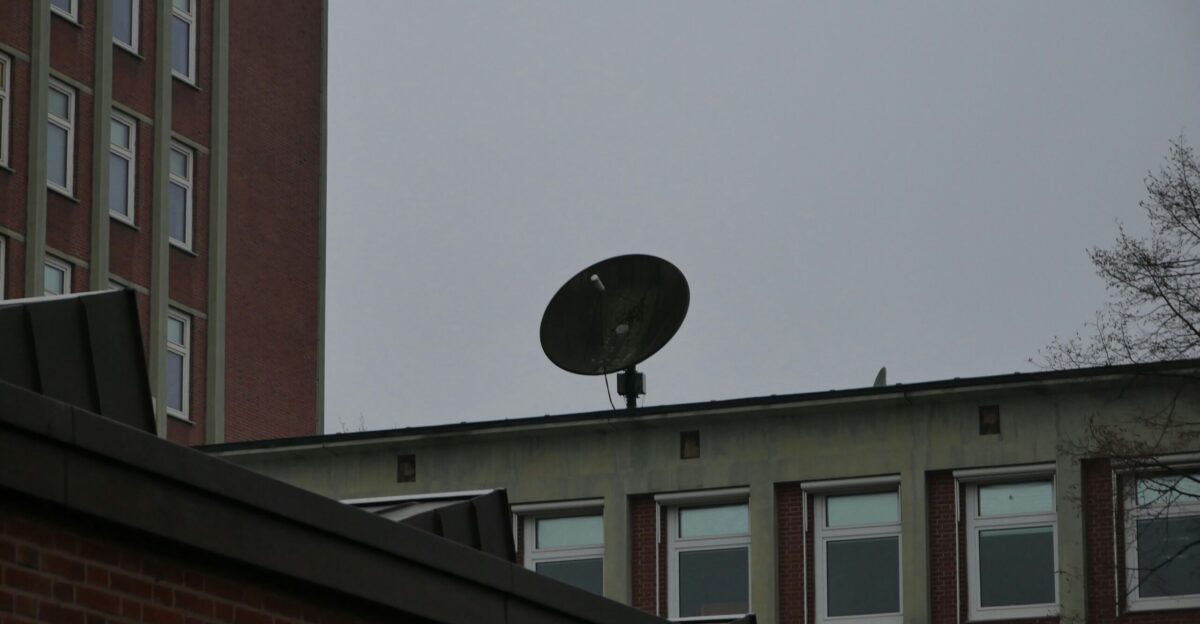
Ten years ago, the provider served nearly 13 million TV customers across the United States, putting it in the country’s top five. However, with modern consumer habits and expectations, business has declined. Light Reading says subscriber numbers fell to about 7.4 million after another 380,000 people ditched pay-TV early this year.
The company is less profitable with fewer customers, making its towering debt even harder to pay. Even though its dishes and apps reach all 50 states, the money keeps shrinking.
The Bold 5G Plan

2023 saw a bold new move, with executives merging their satellite-TV and wireless units to chase a new dream: building a coast-to-coast 5G cellphone network.
They promised regulators they would cover 70 percent of Americans by June 14, 2025. Significant infrastructure had to be developed, including 24,000 towers and the purchase of expensive gear. This plan came with huge risks and a substantial upfront cost. While the company focused on that gamble, its old TV business lost customers, squeezing cash even more.
Regulators Get Worried

The Federal Communications Commission (FCC) wants to know if the firm built the promised network or is just “parking” valuable airwaves. On May 9, FCC Chair Brendan Carr opened an investigation after SpaceX claimed less than 5 percent of one key frequency band is being used.
If the FCC decides that the company has broken its promises, it could pull back those precious licenses.
EchoStar
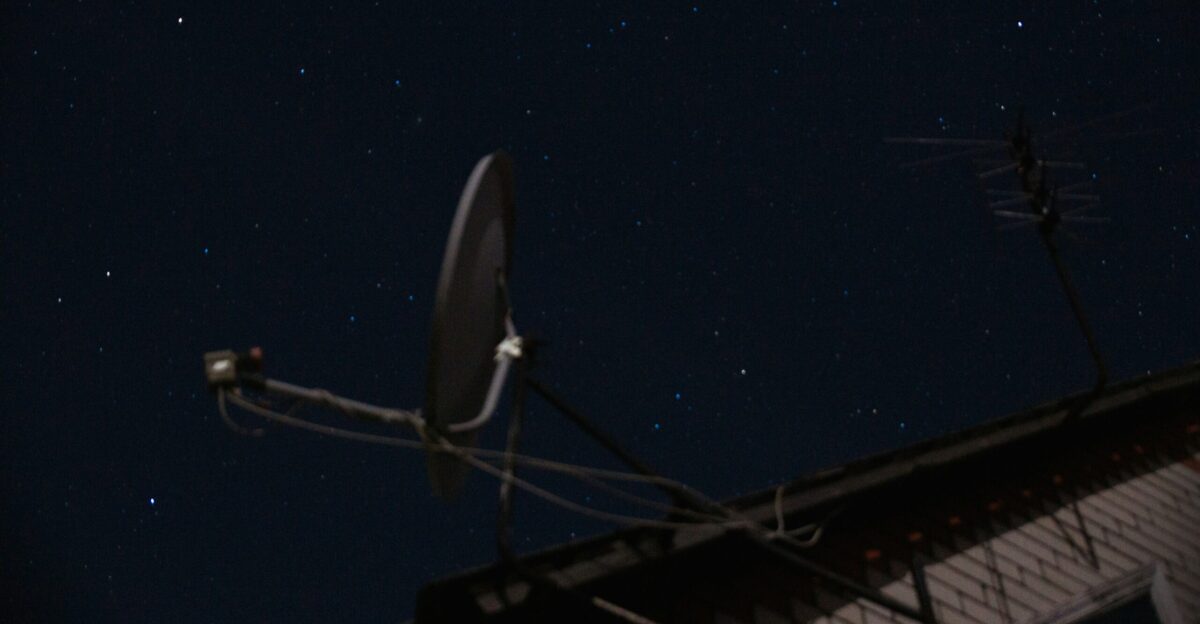
EchoStar is the parent of Dish Network, Sling TV, and Boost Mobile and has been under unprecedented financial pressure. The Wall Street Journal broke the news on June 7 that EchoStar is drawing up a Chapter 11 bankruptcy plan.
Reuters confirmed that heavyweight law firm Kirkland & Ellis and adviser Lazard are guiding the move. Chapter 11 lets a firm pause debt payments while reorganizing, rather than pressing a “reset” button to negotiate with lenders.
Impacts On Employment

After EchoStar missed its payments, many tower-building crews were told to stop. WirelessEstimator counted dozens of half-finished 5G sites in Texas and Colorado that are now incomplete.
This has had an impact on local employment. One foreman reported, “Our cash flow just stopped,” explaining that some teams are owed six-figure sums. Rural towns counting on better phone service by harvest season worry the signal won’t arrive. This freeze shows how money troubles at the top can quickly hit local jobs and communities.
Customers Feel Uneasy

Boost Mobile store owners in Atlanta and Phoenix told BroadbandBreakfast that shoppers regularly ask, “Will my phone still work if Dish goes bankrupt?”
EchoStar has insisted that services will continue through any court cases and says its 5G signal already covers 80 percent of Americans. Still, the consumer group Free Press warns that rural families relying on satellite dishes have few alternatives if the service fails.
Rivals Circle
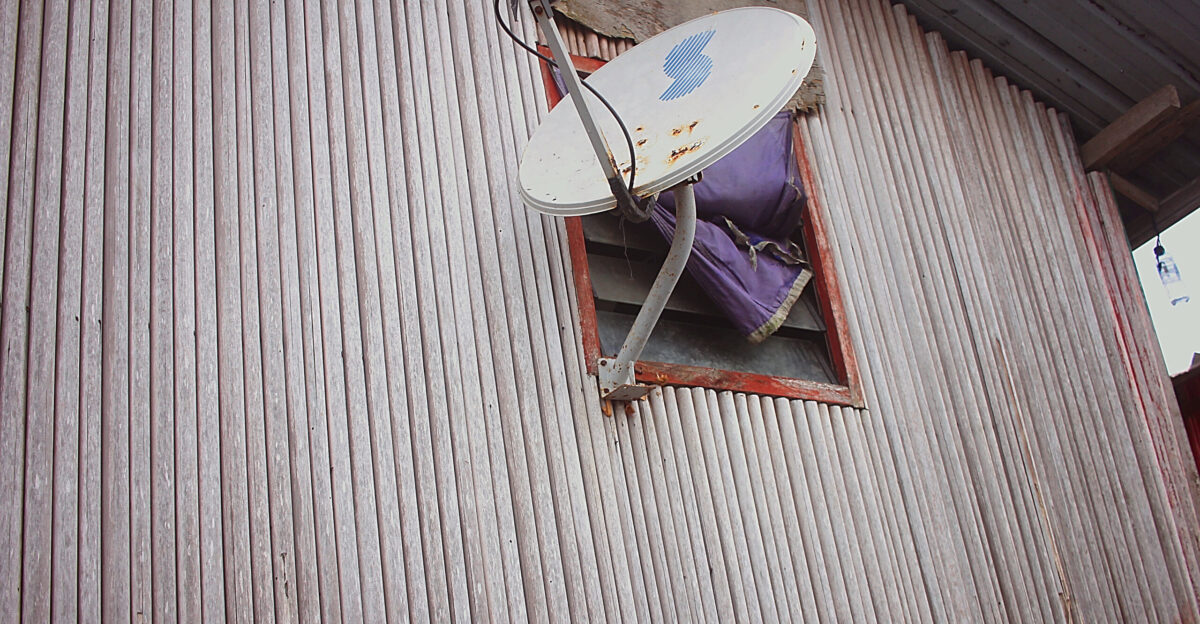
SpaceX smells opportunity. Light Reading says Elon Musk’s company asked the FCC for EchoStar’s unused airwaves to connect smartphones directly to Starlink satellites. This highlights that competitors are willing to pick up any Slack.
Comcast and Charter are exploring wholesale deals if EchoStar exits wireless, while Octus Analytics figures those frequencies could fetch $15-20 billion if auctioned—more than EchoStar’s total stock value. If lenders think selling the airwaves brings more money than a restructure, they might push for liquidation instead of a rescue.
Market Jitters
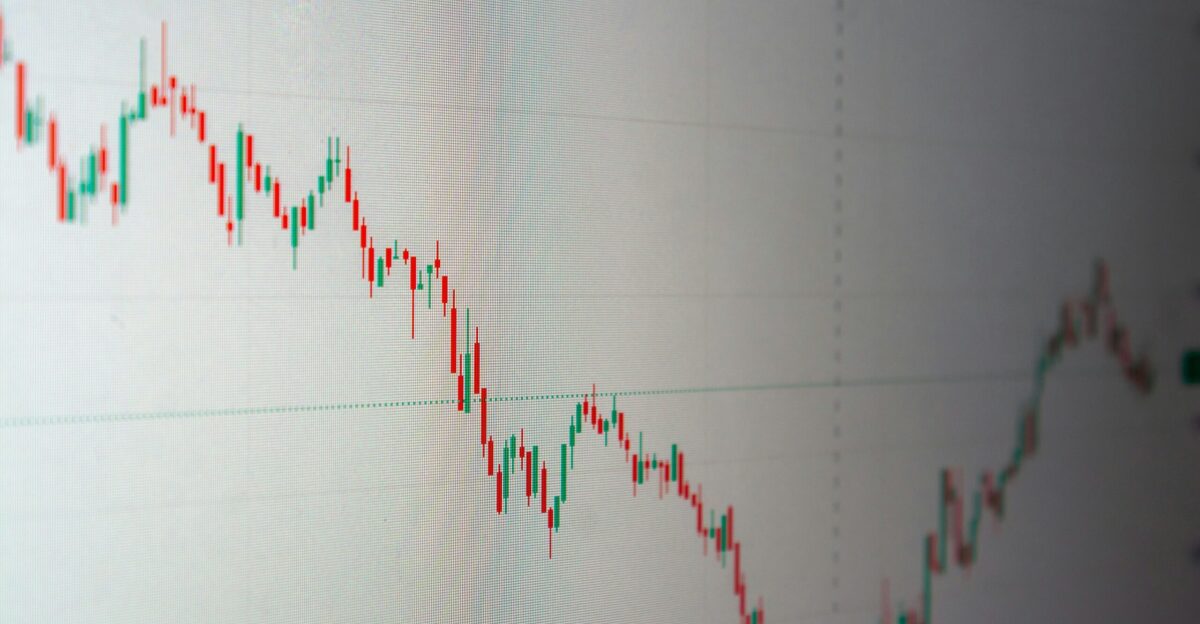
According to Yahoo Finance, EchoStar’s stock has dramatically fallen in 2025, going down about 30 percent this year, sliding to $15.99 after bankruptcy talk spread.
GlobeNewswire reports that law firm Pomerantz is investigating whether executives have hidden bad news from investors. Credit-rating agency Moody’s warns that another missed payment could trigger cross-defaults on $7 billion due by 2026.
Decision Ahead

Newswires says EchoStar caught up on its May-June bills on June 27 after White House talks but skipped a fresh $114 million due July 1, restarting the countdown.
Bloomberg reports insiders expect a decisive move—either a government license grab or a bankruptcy filing—before Labor Day. What happens will shape America’s 5G future and decide whether millions of satellite TV dishes are working. The next few weeks are make-or-break for EchoStar’s customers, employees, and investors.
